Your Trusted Guide to the AI Revolution
At I Review AI, we cut through the noise to deliver unbiased reviews, tailored recommendations, and actionable insights that empower businesses to embrace AI with confidence


What We Offer?!
What We Offer?!
AI Education for a Future-Ready Workforce
Stay ahead in an AI-driven world! Our courses simplify AI for professionals, entrepreneurs, and businesses no tech background needed. Start with our AI Review Foundation Course and get certified. Coming soon: AI for Legal Professionals!
AI-Powered Marketing Solutions
Boost your brand with AI-driven marketing! From SEO-optimized content to automated ad campaigns, we help businesses grow with smart, data-driven strategies. Try our Free AI Ignite Package or scale up with Silver, Bronze, and Gold plans.
Expert AI Consultancy
Transform your business with AI! We help automate tasks, optimize workflows, and enhance customer experiences across industries. Our custom AI strategies ensure seamless integration for maximum impact.
Explore the Future
with AI!

Explore the Future with AI!
Why Learn AI?
Join our AI courses and dive into the world of artificial intelligence. Whether you're a beginner or an expert, our courses cover cutting edge topics like machine learning, ChatGPT applications, and AI-driven business strategies. Stay ahead of the curve enroll today and unlock the power of AI!
Unlock Your Curiosity Take Our Free AI Courses!
Start learning the fun and easy way our bite-sized, beginner-friendly courses are now 100% free for a limited time.
Whether you're curious about AI, want to level up your skills, or just love learning something new, we've got you covered. No sign-up hassle, just click and start exploring.
Find the Best AI Tools
Honest Reviews, Expert Picks & Easy Integration

Unbiased AI Tool Reviews
Honest, expert evaluations of the latest AI tools, designed to meet your business needs.

Tailored Recommendations
Personalized advice to find the best AI solutions for your industry.

Seamless Integration Guidance
Strategies to integrate AI tools into your operations with minimal hassle.
Explore the World of AI For Every Curious Mind
Practical, expert-led online courses to help parents, professionals, and pioneers understand and use AI responsibly.
AI for Parents & Teachers Online Course
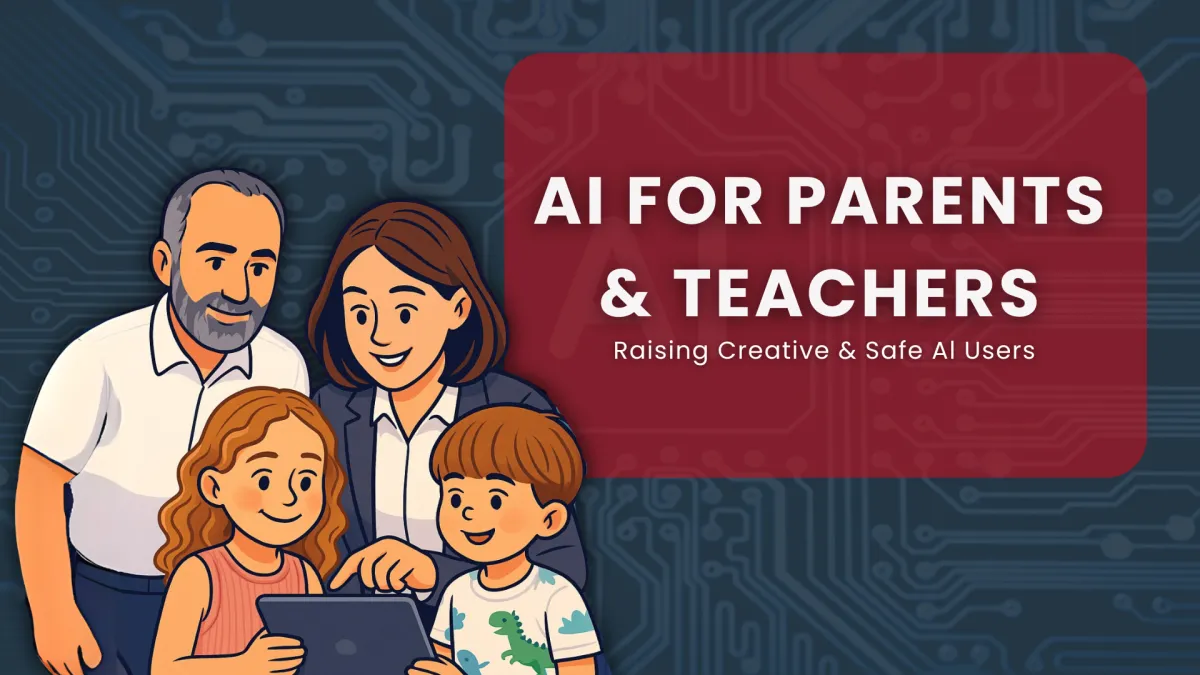
$9
Confidently guide your kids into the world of AI safe, creative, and simple.
AI for Business foundation Online course
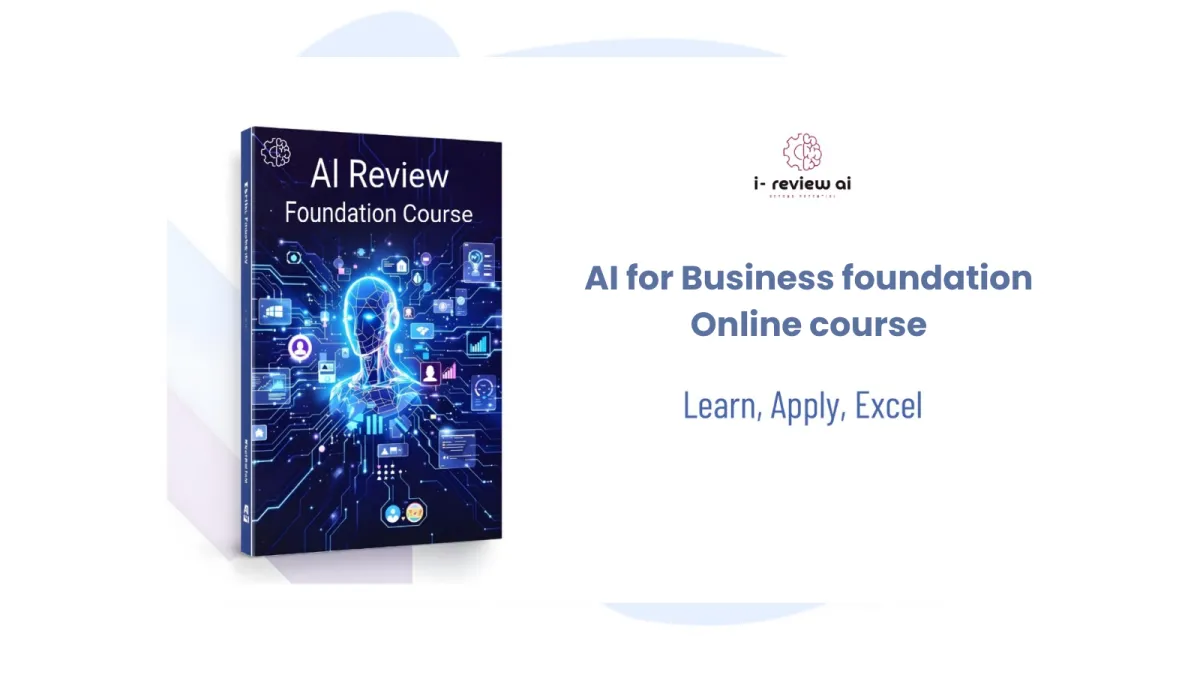
$27
Start this course today and start using AI to save time, create better content, and grow your business with confidence.
AI & Law Online Course
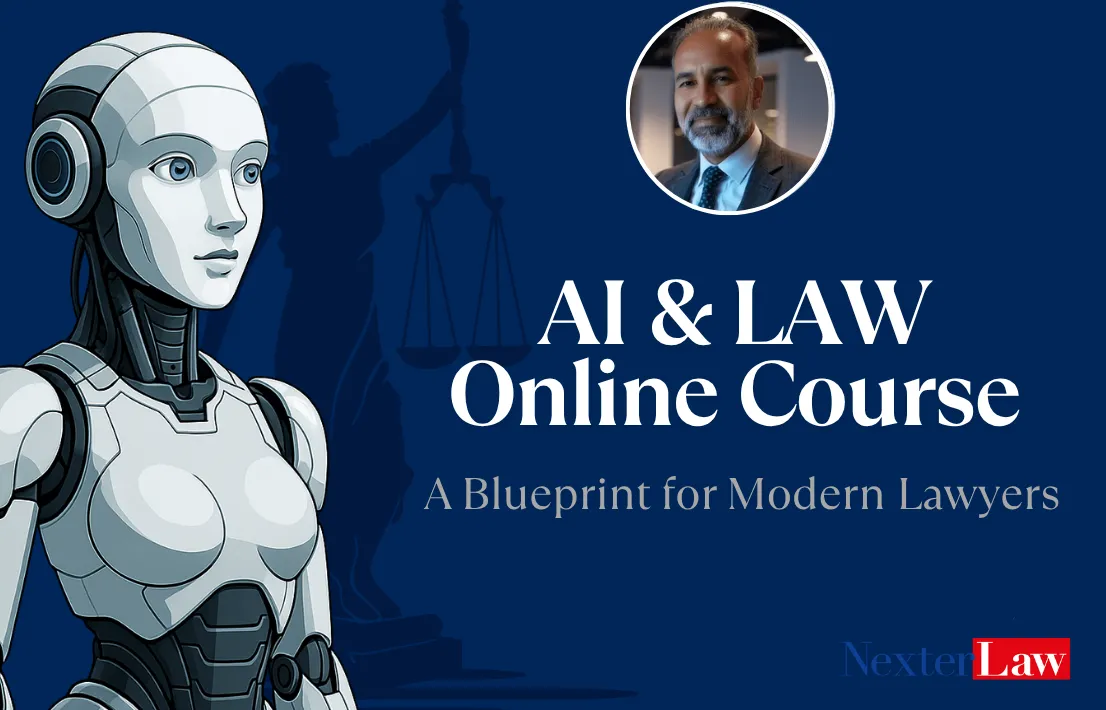
$27
Work smarter, not harder draft, research, and win with AI in just 10 hours.
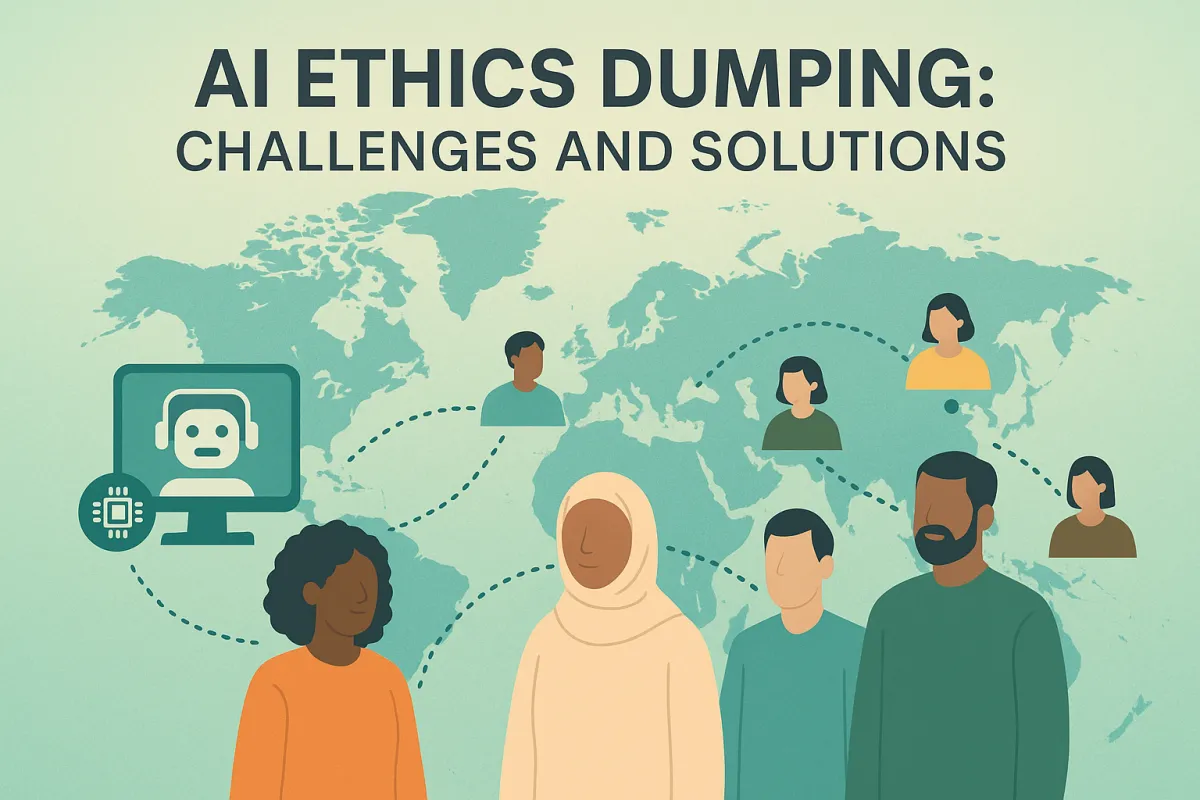
AI Ethics Dumping: Challenges and Solutions
The Hidden Cost of AI Innovation
Introduction:
Artificial Intelligence (AI) has quickly woven itself into the fabric of modern life, shaping everything from healthcare and education to criminal justice and employment. Yet, amid these advancements lies a concerning practice known as AI ethics dumping—the outsourcing of ethical risks and burdens onto the very communities least equipped to bear them. Understanding and addressing this phenomenon is critical if we are to create technologies that uplift rather than marginalize.
Understanding AI Ethics Dumping
At its core, AI ethics dumping refers to the practice where developers and policymakers transfer the ethical, societal, and technological risks of AI systems onto vulnerable groups. Often, these marginalized communities are left to navigate the challenges of flawed or biased AI tools without adequate support, deepening existing social inequalities.
This issue is especially alarming given AI’s expanding role in life-altering decisions like job recruitment, criminal sentencing, healthcare diagnostics, and social services distribution. Without proper intervention, AI ethics dumping risks entrenching systemic injustices within digital frameworks.
A Historical Context: Patterns of Discrimination
The roots of bias in AI are neither random nor recent. Historical patterns of discrimination are often baked into algorithmic decision-making processes, sometimes unintentionally reflecting decades of societal inequalities. For instance:
Risk assessment tools used in the U.S. criminal justice system have been found to inaccurately label Black defendants as high-risk more frequently than white defendants (ProPublica, 2016).
Hiring algorithms have systematically discriminated against older applicants and women, as demonstrated by lawsuits against tech firms like iTutorGroup in 2023.
Such examples underscore the urgency for AI systems to move beyond historical biases and foster equitable futures.
Key Ethical Challenges in AI Development
1. Algorithmic Bias
Algorithmic decision-making often mirrors societal prejudices, disproportionately harming marginalized groups in areas like policing, healthcare, and finance.
2. Erosion of Accountability
Opaque AI systems allow developers to sidestep responsibility for adverse outcomes, leaving users and communities to bear the consequences alone.
3. Disconnection from Local Contexts
Many AI solutions are designed without consulting the communities they affect, leading to misaligned priorities and ineffective outcomes.
4. Marginalization of Vulnerable Communities
The most at-risk groups are often excluded from the conversation, reinforcing cycles of disenfranchisement and inequality.
Building a Path Toward Ethical AI
Addressing AI ethics dumping requires a multi-faceted approach rooted in inclusivity, fairness, and responsibility:
Empowering Affected Communities
Stakeholder engagement must start at the earliest stages of AI development. Involving diverse voices ensures that technologies are contextually appropriate and ethically sound.
Strengthening Regulation and Governance
Robust regulatory frameworks are essential. Updating nondiscrimination laws, establishing independent oversight bodies, and incentivizing responsible innovation are critical steps toward accountable AI.
Promoting Community-Centric Approaches
Initiatives like civic partnerships, community co-design workshops, and algorithmic literacy programs empower users and rebalance power dynamics between technology developers and society.
Implementing Ethics-by-Design Principles
Ethical considerations must be integrated into the design phase—not as an afterthought, but as a guiding principle. Developers must internalize responsibility, avoiding the temptation of superficial or tokenistic ethical practices.
Future Directions: What Needs to Change
To combat ethics dumping effectively, we must embrace:
A human-centered AI ethos that prioritizes fairness, dignity, and societal benefit.
International and interdisciplinary collaboration to ensure AI governance frameworks are agile, inclusive, and globally informed.
Public education and algorithmic literacy campaigns to equip communities with the tools to critically engage with AI technologies.
Continuous research and proactive ethical innovation to anticipate emerging challenges before harm is done.
Only through collective effort can we ensure that AI becomes a force for empowerment rather than oppression.
Conclusion: Toward a More Equitable AI Future
AI ethics dumping is a silent but powerful threat to technological justice. As AI systems shape more aspects of daily life, developers, policymakers, and civil society must work together to ensure that ethical burdens are not unfairly shifted onto those least able to bear them.
By embracing inclusive design, regulatory accountability, stakeholder empowerment, and proactive ethical engagement, we can build a future where technology serves all of humanity—not just a privileged few.
The challenge is great, but the opportunity is even greater. Now is the time to act.
READY TO GIVE US A TRY?
Unlock the Power of AI Subscribe Now!
Stay ahead in the world of artificial intelligence! Subscribe to our website for exclusive access to upcoming AI courses, expert insights, and cutting-edge industry updates. Don’t miss your chance to level up your skills.
COMPANY
CUSTOMER CARE
LEGAL
Copyright 2025. i-review.ai. All Rights Reserved.
